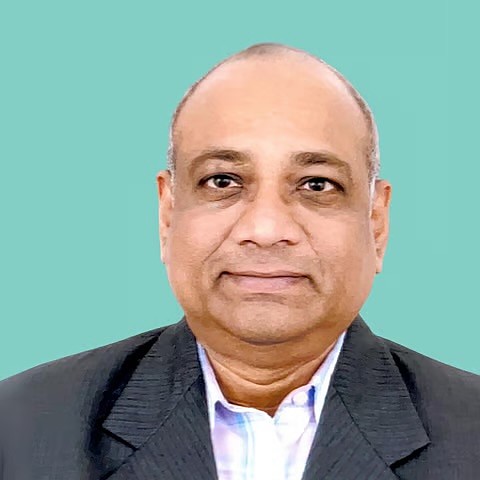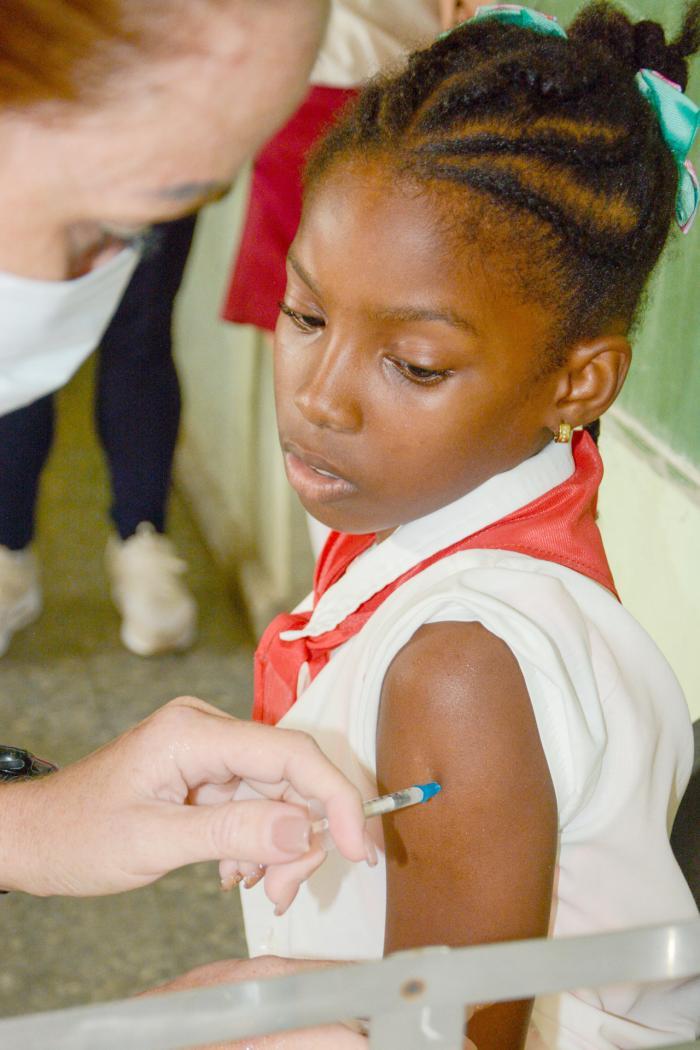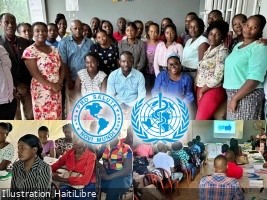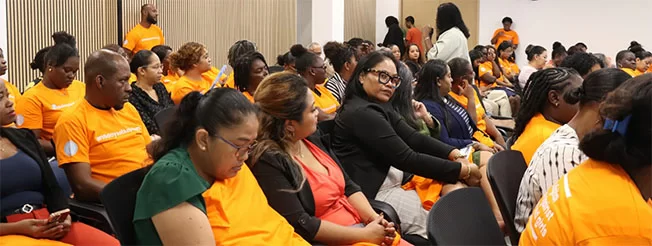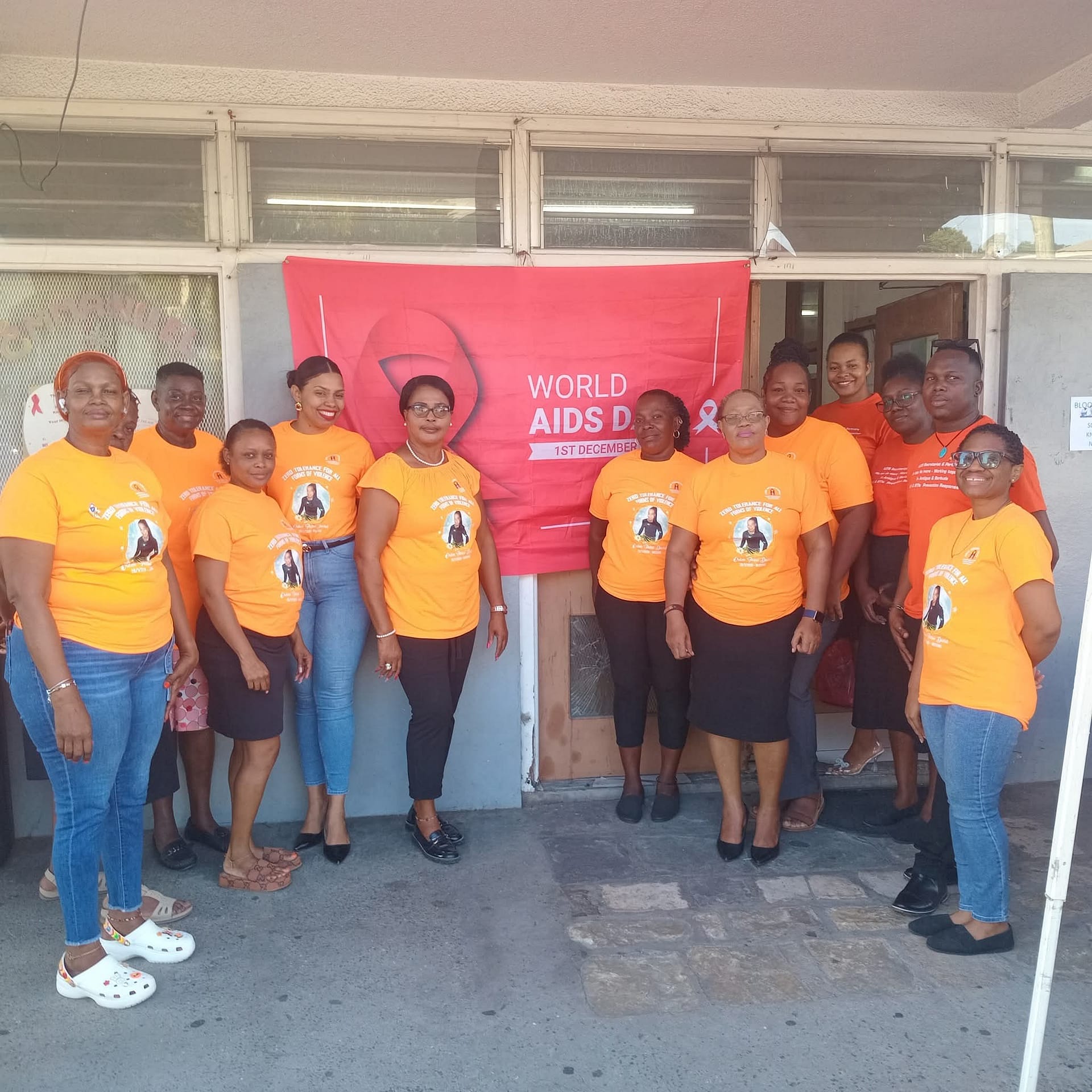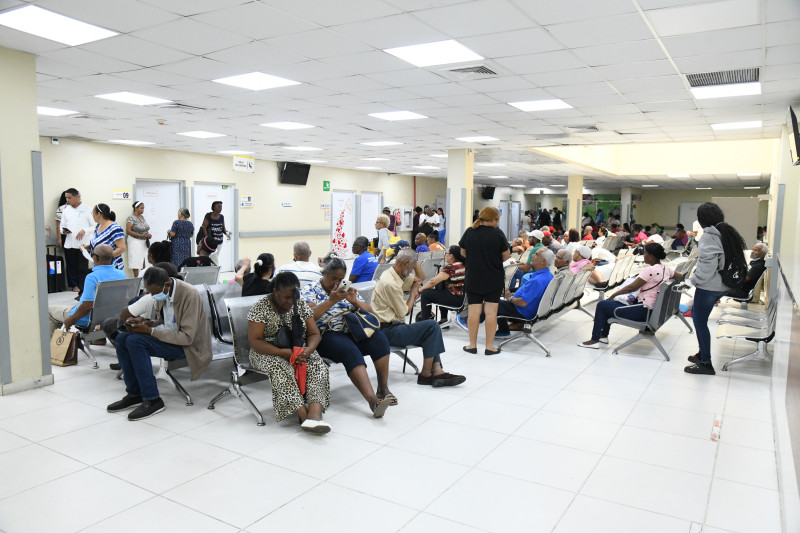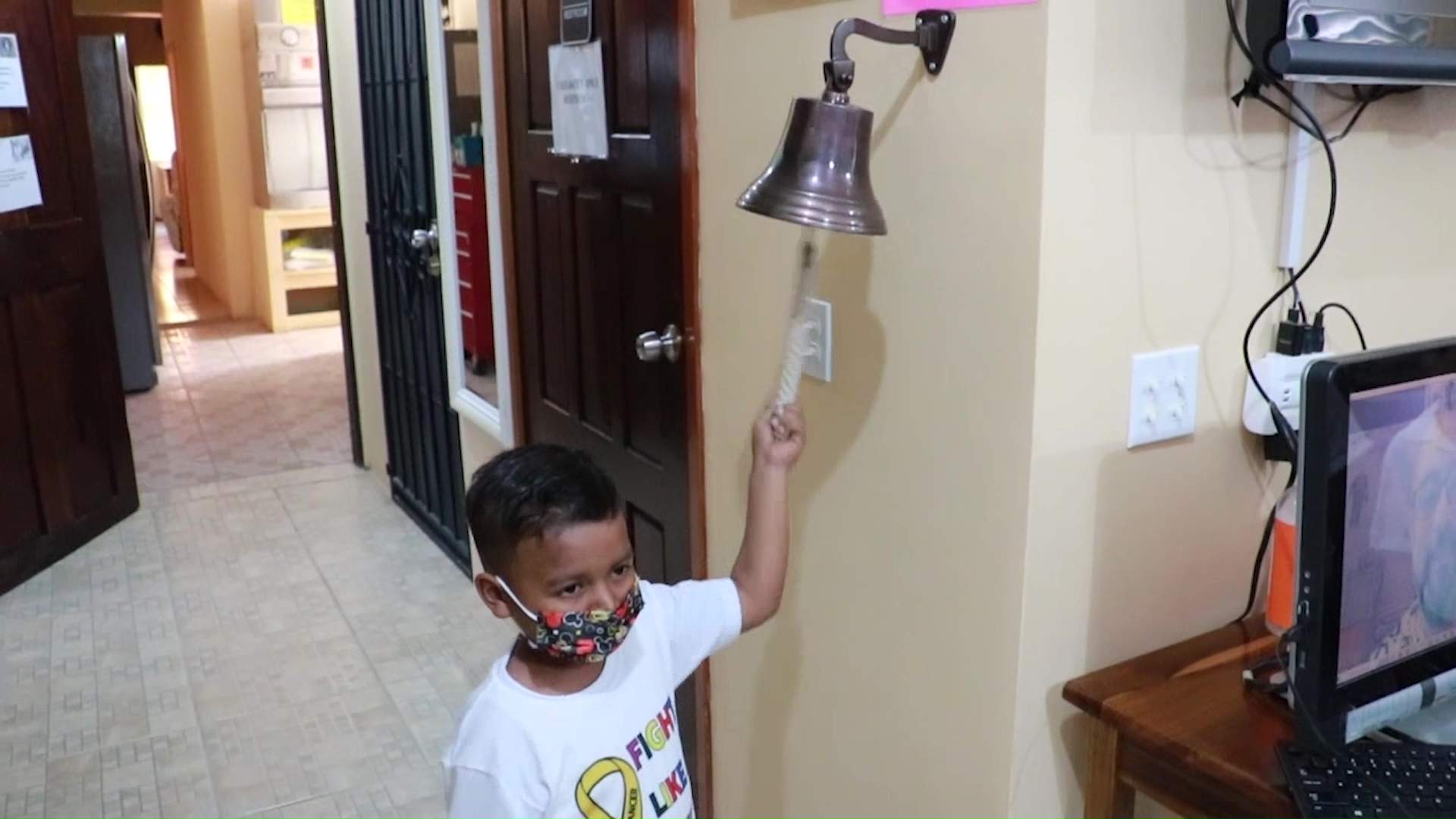The Bahamas is confronting a severe mental health emergency as suicidal behavior among young people continues to escalate dramatically in 2024. According to Dr. Srinivas Bodha, Chief of Staff at Sandilands Rehabilitation Centre, the most vulnerable demographic spans from late teenagers to adults in their mid-thirties, with significantly fewer cases occurring among older populations.
Dr. Bodha identified distinct psychosocial pressures affecting different age groups within this cohort. School-aged youth predominantly face copycat behaviors, taunting, and bullying, while adults in their late twenties and thirties frequently struggle with substance abuse and intoxication. Young women appear particularly vulnerable to relationship breakdowns, fractured homes, and high divorce rates, which often trigger suicidal ideation.
Despite comprehensive mental health services being available—including 24/7 psychiatric emergency care and suicide hotlines—Dr. Bodha reported critically low utilization rates. Stigma remains the primary barrier to care, with approximately 80% of individuals concealing suicidal thoughts due to fears of ridicule or documentation.
Prime Minister Philip “Brave” Davis recently highlighted the gendered dimension of this crisis, noting that male suicide rates substantially exceed female rates. He characterized this pattern as evidence of a “male crisis” where men silently endure pain, shame, and confusion.
Royal Bahamas Police Force data confirms these concerns, reporting eight suicides in the first half of 2024—a significant increase from five during the same period last year. Attempted suicides rose from 23 to 32 cases, with six of the eight completed suicides involving men. Most incidents occurred in New Providence and Grand Bahama, with victims predominantly aged 18-30. While police reported no minor suicides, the recent suspected suicide of a 61-year-old Westridge man marked an unusual occurrence among older demographics.
According to The Tribune’s records, this represents the fourteenth officially reported suicide this year. Dr. Bodha emphasized that proactive community engagement—particularly checking on individuals who abruptly withdraw or demonstrate behavioral changes—could provide critical intervention opportunities that might prevent tragedies.
